Germs are everywhere! You can't escape the fact that you're going to come into contact with them every day. The key to preventing them from making you sick is taking some simple steps to avoid germs and keep your home clean. There are lots of everyday things people do without even thinking about it that breed superbugs like MRSA, E. coli and salmonella:
Using antibacterial soaps and wipes.
You may think that antibacterial soaps and wipes are safe, but they’re not. They don’t kill as many germs as you might think, because they can’t penetrate all of the bacteria that live on your skin or in your body. Antibacterial soaps and wipes can also cause irritation to your skin and allergens, which is especially problematic for people with sensitive skin or allergies to certain chemicals like triclosan (an ingredient found in many antibacterial products).
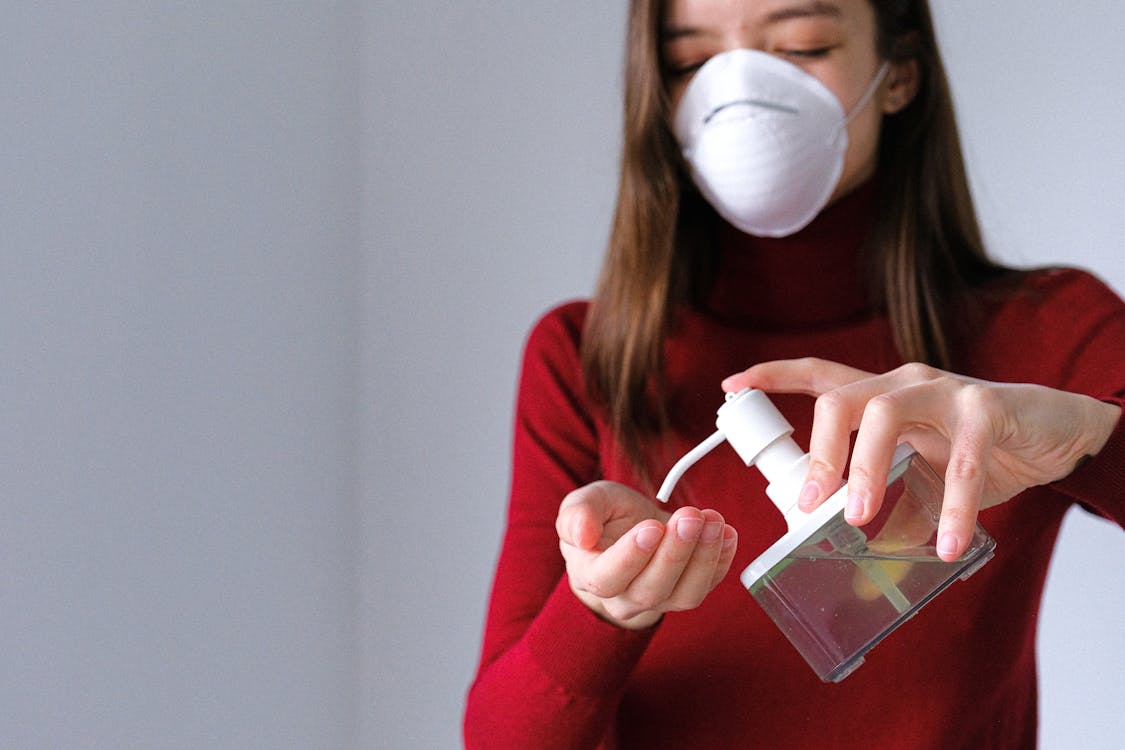
And even if you do avoid allergies by using an alternative product, there are still other issues involved with these products: when used frequently over time, triclosan has been shown to contribute to antibiotic resistance and harm marine life when washed down drains into lakes and rivers. These chemicals eventually end up back in our water supply where they act as a sort of “superbug”—a resistant strain that causes antibiotic resistance without responding well to treatment.
Taking too many antibiotics.
- You should only take antibiotics when they're actually needed. A lot of us have been conditioned to think that antibiotics are a magic cure-all and can be taken for any infection, but that's not true. Taking an antibiotic when you don't need it is a bad idea because it makes it easier for bacteria to develop resistance to the drug, which means your body may no longer be able to fight off other infections caused by these bacteria in the future.
- Don't take antibiotics for colds or flu symptoms. Most colds and flus are caused by viruses—not bacteria—and therefore won't respond to antibiotics at all. The only time you might consider taking an antibiotic for viral infections is if you have pneumonia (which technically can be caused by either viruses or bacteria). Even in this case, though, doctors generally recommend against it unless there are very specific circumstances involving an infant under 2 months old who has had difficulty breathing with wheezing or trouble feeding along with coughing up phlegm after being exposed to someone else's influenza virus; this treatment option will also require close monitoring due to risks associated with using antiviral medications like ribavirin along with amantadine hydrochloride (which can cause nausea) plus rifampin hydrochloride (which could result in liver problems).
- Don't take antibiotics for fungal infections such as athlete's foot either! If you do end up getting one of these types of infections anyway despite following all these rules then try using antifungal creams instead--they're much less likely than oral medications like fluconazole pills sold over-the-counter without prescription from physicians' offices due solely on account how much more quickly permeates into bloodstream so improves absorption rate while reducing risk compared thus making safer overall approach
Not getting enough sleep.
Did you know that getting enough sleep is an important part of staying healthy? It keeps you alert and focused, helps you to be happy and upbeat, makes sure that your mind and body are working at full capacity, and keeps you young.

Sleep is also one of the best ways to stay thin! This can be a struggle for many people who have difficulty sleeping because they don't get enough restorative shut-eye. The more rested and relaxed a person is, the less likely they are to overeat or turn towards high-calorie foods in order to keep their energy up. A good night's rest will help keep hunger pangs at bay so that when it comes time for breakfast in the morning, instead of reaching for something heavy (like pancakes), try something lighter like eggs benedict on English muffins with fresh fruit salad instead!
Not using hand sanitizer often enough.
Hand sanitizer is not a substitute for hand washing. It's true that if you're washing your hands with soap and water, you're more likely to get sick than someone who only uses the sanitizer. But not using any hand-cleaning product at all is even worse—because then you don't kill any germs at all! Some people think that it's okay to use hand sanitizer because they're just going to touch their own body parts anyway; but even on your own hands, germs can still spread from one surface (like your keyboard) to another (like your phone).
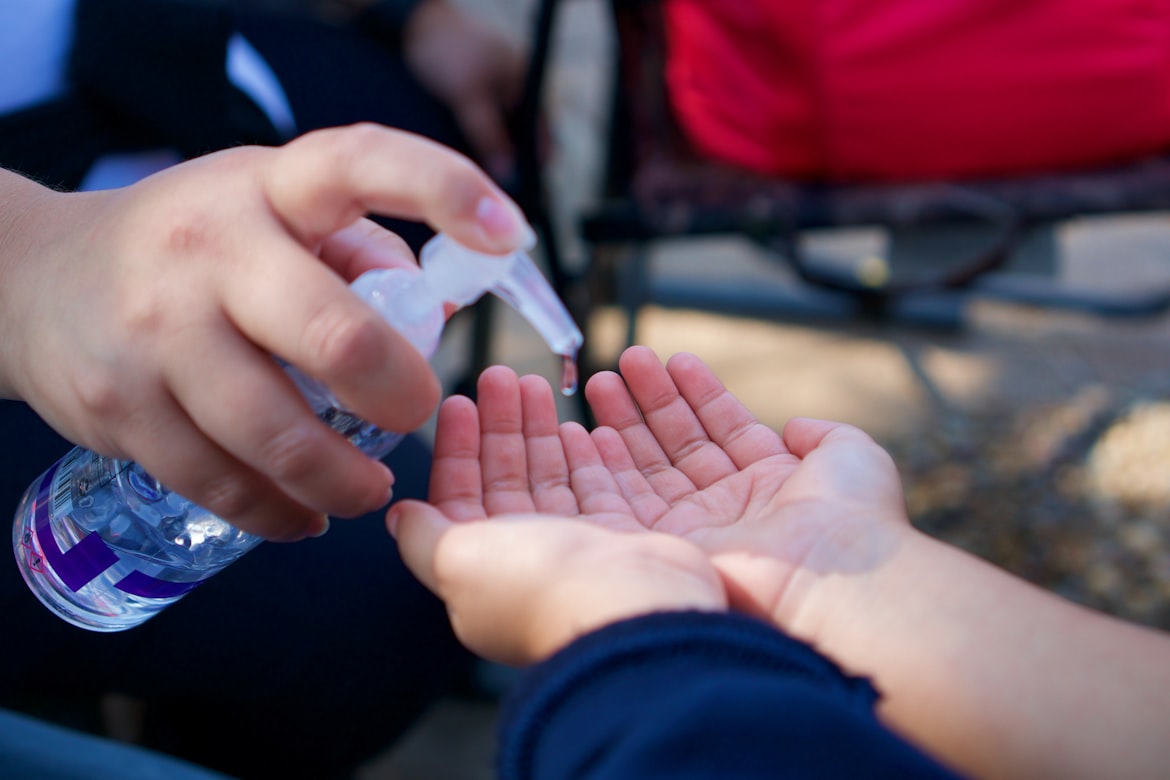
Hand sanitizers do have their limitations: they don't work well on norovirus or influenza viruses—even though these are some of the most common causes of illness during flu season in the U.S., according to Healthline. And because many people use them incorrectly (for example by applying them directly on their skin), some research suggests that this may be contributing toward resistance against them
Sharing food, drinks and makeup.
You may think sharing food and drinks with friends, family and strangers is the only way to experience deliciousness. But it's actually a great way to make yourself sick—and they'll be sick too!
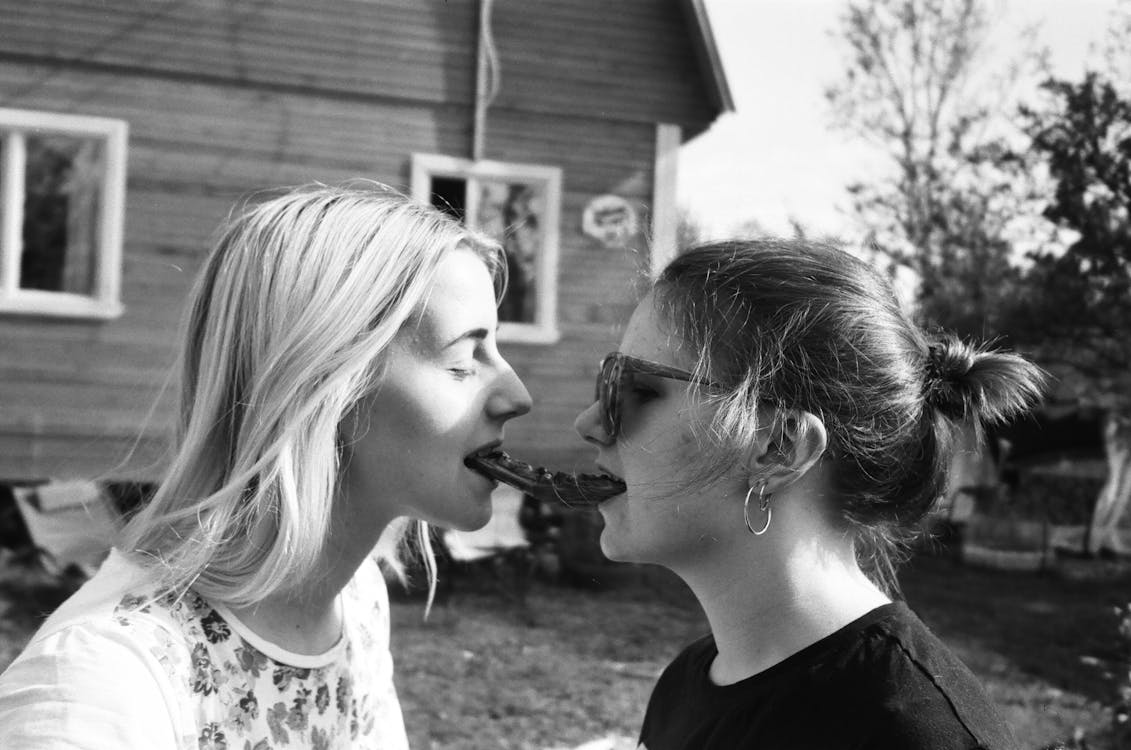
You may not realize how common this is: A 2015 survey found that nearly two-thirds of people reported sharing food or drink with someone else in the past year. That's why we're here to tell you that unless you want a stomach bug or an infection, don't do it anymore! Don't even share forks and spoons! No one really knows how bad it can get until they get some kind of nasty bacteria on their fork from someone else's mouth. And if there isn't any food around, the next best thing to transfer bacteria from one person to another is makeup (or nail clippers).
Drinking from plastic water bottles and eating foods out of plastic containers.
The plastic water bottles you buy and drink from on the go contain BPA. BPA is a chemical that has been linked to reproductive problems, cancer, obesity and heart disease. This same chemical can also leach into the water you drink out of those bottles.
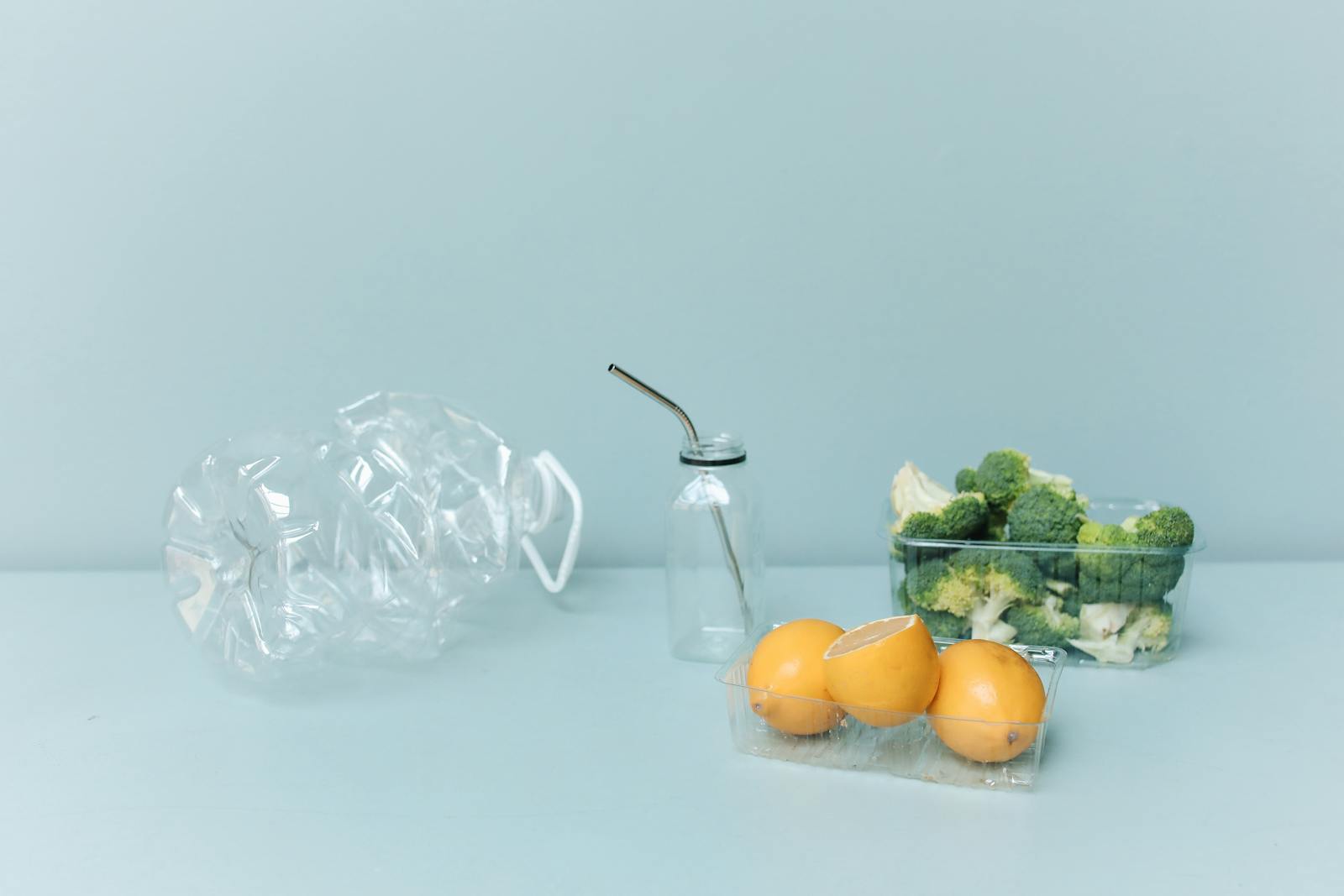
While investigating what foods may be causing superbugs in our bodies, Dr. Oz discovered that some people are ingesting high levels of DEHP (a type of phthalate) which was found in their urine samples. This phthalate is commonly used in plastic containers for foods like yogurt and soup—and it’s also found in some baby formula cans! Eating out of these containers can lead to an increased risk of developing superbugs—so try switching over to glass or stainless steel instead!
Keeping a messy home and bathroom.
Keeping a clean home and bathroom is essential to keeping your family healthy. If you or someone in your household has developed a superbug infection, it's likely that there was already some degree of illness present before the superbug made its way into your body.
- Cleanliness is important: It's important to keep both your home and bathroom as clean as possible so germs don't build up on surfaces where they can thrive. This includes everything from cleaning out the bathroom sink drain to washing dishes after each use.
- Don't let germs build up: Leaving dirty dishes sitting around all day isn't just unsanitary; it's also bad for your health! Those germs from yesterday's food can easily live on those plates until tomorrow if you don't properly dispose of them immediately after use. The same goes for anything left over from last night’s dinner—if it’s still sitting around this morning, throw it away and start fresh!
Using dirty laundry hampers that aren't lined with fabric.
Your laundry hamper is not only a place for you to put your dirty clothes—it's also home to some of the most dangerous bacteria in your home. Even if you wash your hands thoroughly and frequently, it's possible for bacteria to make its way into the crevices of your clothing. This can lead to good microbes being killed off by bad ones, which will then begin breeding in your laundry hamper.

If you don't want this happening, invest in a cloth-lined laundry hamper that is easy enough for anyone in the household (or even visitors) to clean regularly with soap and water or disinfectant wipes every few weeks.
The best way to prevent these germs from spreading is to routinely clean your house and wash your hands.
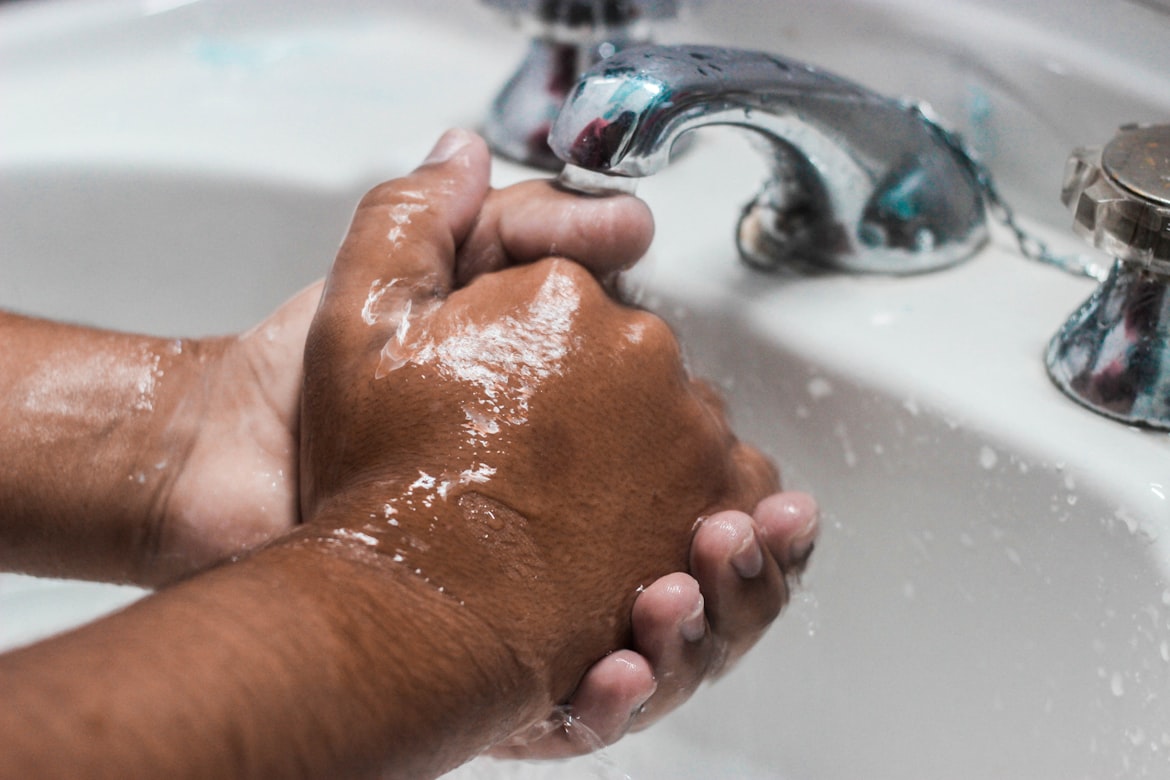
The best way to prevent these germs from spreading is to routinely clean your house and wash your hands. Wash your hands often with hot water and soap, especially after handling raw meat or poultry. Don't touch your face or mouth without washing first. Don't share personal items like towels or washcloths, cups, plates or utensils with other people who are sick (or might be sick). Don't share food or drinks with others if they have colds, flu or any other contagious illness; throw out any open containers used by someone who has been ill recently (you can also use disposable plasticware for this purpose). Keep pets out of the bedroom when someone has a cold because they can pick up germs on their fur and then pass them along when they lick themselves later in the day—and try not to let them lick you! Finally, make sure that every surface in your home stays clean by wiping down counters thoroughly after preparing each meal—especially kitchen sinks where dirt can build up over time because we're constantly washing our hands anyway!
So there you have it: five everyday life things that breed superbugs. While it's easy to be concerned about the future of our antibiotic resistance, if we can keep ourselves informed and aware of what we're doing wrong when it comes to bacteria, we'll be able to curb its spread in our bodies and communities.

